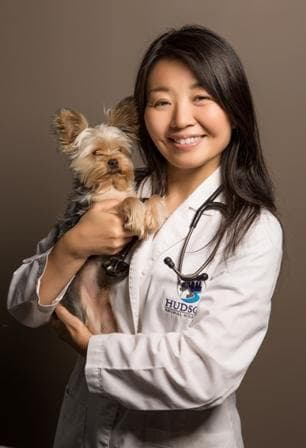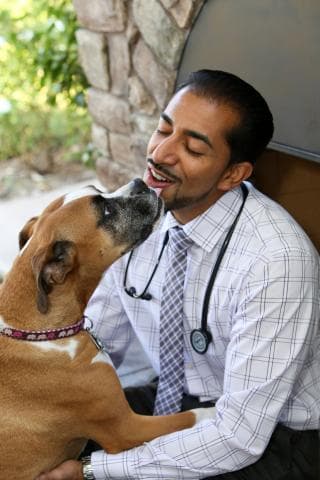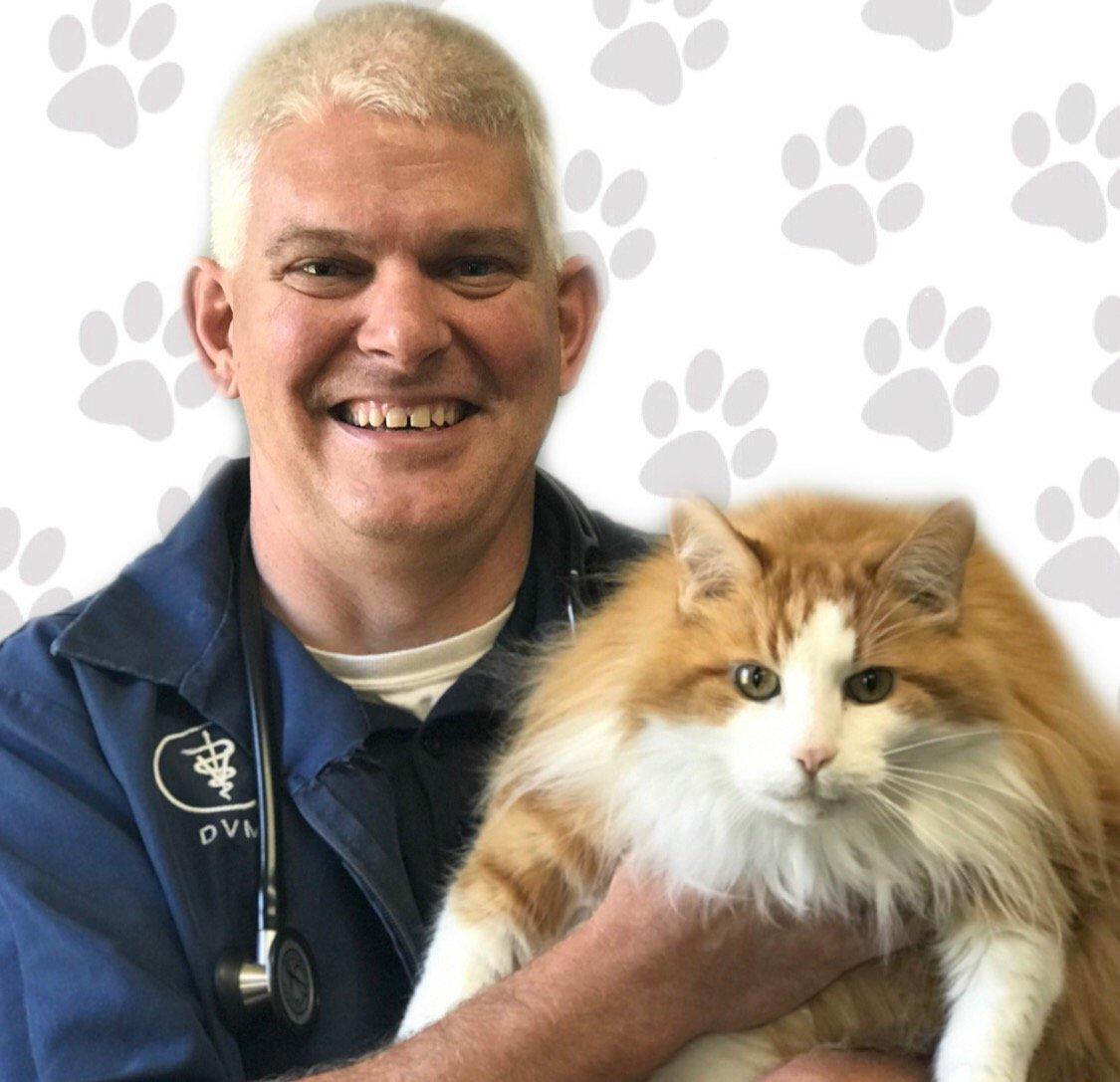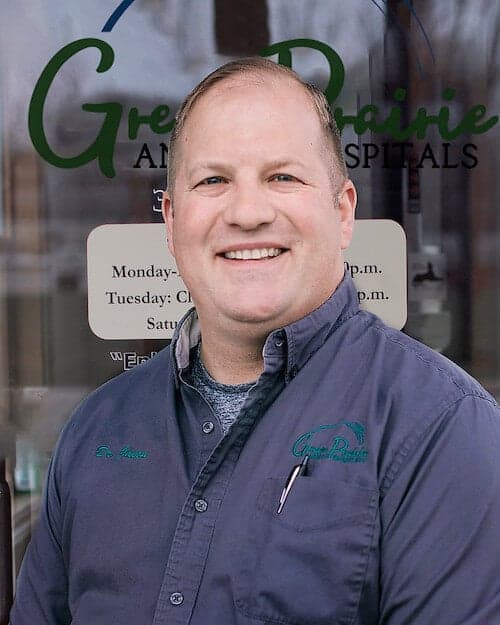Proper Puppy Care Discussion with Veterinarians
As someone who is doing their due diligence in puppy care research, you’ve shown yourself to be a caring person who wants their pet to have a long and healthy life. It’s only natural that you have questions about how to accomplish that. At GeniusVets, we firmly believe that petcare information should come from veterinarians and not from “Dr. Google.” That’s why we’ve taken the most common questions on puppy care, sent these questions to renowned veterinarians, and compiled their replies to get you information that you can trust. While all of the puppy care information and recommendations below have been sourced directly from leading veterinarians across the country, please make sure to seek out the advice of your own veterinarian or find a trusted veterinarian near you using the GeniusVets Directory.
How will proper puppy care impact the life of my dog?
The puppy period is arguably the most important part of a dog’s life. By properly caring for your puppy, you're setting them up for success down the line. The importance of getting them protected from diseases with vaccinations, implementing good training, and instilling good nutritional and behavioral routines from the beginning cannot be overstated. Adhering to these healthy puppy habits will make for a much easier transition into adulthood while contributing to a long and happy life.
Why is it important to start good puppy care on day one?
Puppies love routine, so you want to instill that from day one. This routine should include oral health care, nutrition, exercise, training, and even doing things like messing with their ears and face and opening their mouths to get them used to taking pills later on as adult dogs. As veterinarians, we’ve seen far too many owners, no matter how loved they are, get bitten trying to pill their pets as adults because they didn’t do this when the dog was a pup.
From a behavioral standpoint, you have to consider that your puppy has just been taken from the only environment they’ve ever known, so now is your time to set the expectations. Are they allowed on the bed? Can they sleep with you? Can they go into rooms with carpeting or just on the hardwood floors? Because puppies do love routines, you should set these ground rules right away, as it will help to train them when they know what behavior is expected of them.
From a medical standpoint, you want to make sure your puppy doesn’t have any medical issues so that you can start with a nice, clean slate. Get them on a vaccination schedule, parasite prevention, and heartworm preventatives. Address these possible issues head-on, so you’re not facing an uphill battle at a later point in your pup’s life.
How soon should I bring my puppy in to see a veterinarian for their first exam?
When you should bring your puppy to the veterinarian depends on when you got the puppy, the age of the puppy, and how many vaccines the puppy has gotten before. That’s why you must ask the breeder or adoption place when the puppy needs to be seen by the vet because, according to their age, the scheduling for the vaccines will vary. If you are not quite sure, of course, your veterinarian will be happy to let you know.
Most breeders provide a 72-hour window or guarantee from the time you pick the puppy up to get it checked out by a veterinarian. The reason behind this is that there are some cases in which those animals may have underlying health issues and congenital birth defects—it’s the harsh truth of the three-day guarantee.
Another thing puppy owners should be forewarned about is the idea of meeting to exchange the pup, which doesn’t allow you to see where they’ve been raised thus far. If this happens, what we recommend is that, instead of meeting somewhere random to do the exchange, tell the breeder or adoptive parents, “I’ll meet you at the veterinarian. I’ll pay for the visit and, if the puppy is in good health, we’re good to go. If not, we can address it then and there.”
What are the most common health problems in puppies?
Health problems in puppies depend on where you live.
In general, though, the most common things veterinarians see in puppies are:
- Intestinal worms
- Parvovirus
- Diarrhea
- Skin issues
You might not see the worms in your puppy’s stool, but that doesn’t mean they aren’t present, and they can even be present in the absence of diarrhea. When we examine puppies, we will make sure the testicles descend on male puppies, and that female puppies don’t have vaginal infections.
Skin issues can be present as well—they are probably about the third or fourth most common thing we see. Hernias (such as umbilical hernias) are occasionally present in young puppies, as are very rare congenital heart murmurs and fontanelles—or soft spots—on the head. If they’ve not been properly vaccinated, we might see respiratory tract illnesses. And, of course, fleas and ticks are always a possibility in both puppies and adult dogs. These are all things that can be picked up on the first examination with your veterinarian. Again, these ailments are among the many reasons why it's important to start veterinary care right away.
What are signs and symptoms of illnesses in my puppy?
Signs and symptoms of health issues in puppies are generally diarrhea, vomiting, and inappetence. If the puppy is not showing a good appetite, that could be indicative of a health issue. Some other relatively common things we see as veterinarians are coughing, sneezing, and general malaise. Puppies sleep for a very long time, but if you feel like they're acting very lethargic when they’re awake, that's another sign that you should be concerned about. Excessive thirst, runny eyes and/or nose, and trouble urinating or defecating are also things you should watch for in your puppy.
Intestinal worms and parvovirus are two things we see in puppies, so you should know what the symptoms of these illnesses are. In the case of intestinal worms, you’d see anything from diarrhea and lethargy to vomiting. In the case of parvovirus, you’d see vomiting and diarrhea, sometimes with blood in them.
What are signs of a healthy, thriving puppy?
Healthy, thriving puppies typically eat voraciously and sleep hard. They’re very active and generally playful in between the long naps they take. They poop and pee at regular intervals that will likely seem quite often to you! You’ll also want to see good body posture and position, tail flagging up, alertness, and that they’re happy to see you after any absences. If you call them and they want to sulk in a corner, or they just kind of look at you and don't want to do anything, that might be a sign that something isn’t quite right. Of course, some puppies are more subdued than others, but, in general, they’ll want to play and greet you when you get home.
When should I start training my puppy?
You should start training your puppy as soon as possible and remember, consistency is key. Many people get a trainer, but they turn around and don't won't work with their puppies at home. That’s a waste of your money because if you don't enforce it at home, they'll listen to the trainer every time you go there, but they won't listen to you.
Start with the basics. For example, when you feed the dog, try to encourage them to sit every time you put the food down. Hold the food up high and then say, "Sit.” That's a simple thing that you can do, and don't reward them or treat them until they stay. It might be for a microsecond that they sit but expect that of them. Make them sit first and then give them the reward. These kinds of small training behaviors can start very early. You don't want to be too strict with them. You want to let them be a puppy, but you want to start laying down the guidelines. As with children, puppies do better with structure.
Training your puppy also means considering your goals for potty training. Do you want the puppy to have wee-wee pads at home or not? You have to make that decision and train the puppy accordingly right away.
What will my vet be looking for when first examining my puppy?
When first examining puppies, we do the following:
We look for any birth defects, such as cleft palates or hernias that didn't fully close at birth, where their umbilicus is.
- We look for parasites, fleas, and ticks, as there could be some on the base of the tail.
- We'll do a thorough examination of their eyes.
- We look in their ears for any signs of infection.
- We listen to their heart for any congenital heart issues that we may be able to hear, such as heart murmurs or arrhythmia.
- We’ll also take note if your puppy has a round, bloated belly, which can be an indication of worms.
- We ensure that the baby teeth are coming in well, or if it's at the age of losing teeth.
- We always want to make sure the adult teeth are coming in well.
- We make sure they’re well orthopedically, so we make sure there is no joint or bone pain.
Puppies can't talk, so we must examine everything! The AAHA also has a very comprehensive guide to caring for your puppy.
If you have any further questions on puppy care, we are happy to help you find a local veterinarian!





